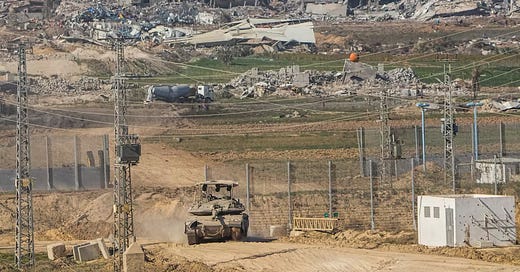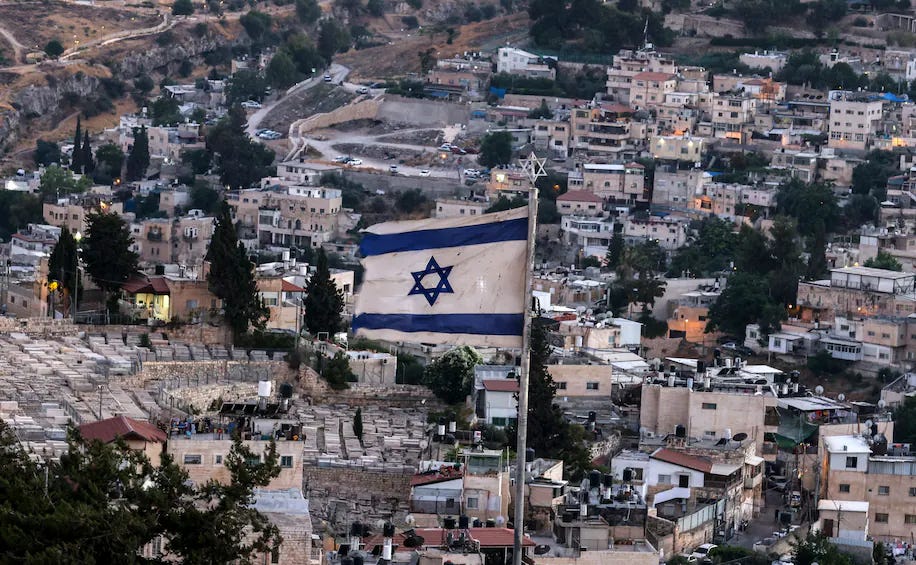Israel and Hamas inching towards a cease-fire in a US mediated deal
Bridging the Divide: The Quest for a Hostage Deal between Israel and Hamas
Bridging the Divide: A 6-week ceasefire and hostage exchange
As the Gaza conflict nears its fifth month, a crucial negotiation spearheaded by the Biden Administration aims to secure a ceasefire and a hostage-release deal with Israel and Hamas. This effort is not just about halting the current hostilities but is a strategic move to prevent further escalation before the onset of the holy month of Ramadan.
The Biden Administration's Push for Peace
The Biden administration, understanding the critical juncture at which the ongoing Gaza War stands, has intensified its diplomatic efforts. The aim is to secure a roughly six-week pause in the fighting, providing a much-needed breather for both sides and, more importantly, the civilians caught in the crossfire. CIA Director William J. Burns's recent proposal in Paris serves as a testament to the urgency and seriousness with which the U.S. is pursuing peace.
The Hostage Dilemma
Central to the negotiations is the release of 40 Israeli hostages, primarily women and elderly men, a humanitarian gesture that Israel and Hamas are debating fiercely. The contention largely revolves around the number of Palestinian prisoners to be released in exchange. While Israel signals willingness for a 3-for-1 exchange, Hamas's initial demands far exceed what Israel considers reasonable. This deadlock represents a significant barrier to progress, despite the apparent willingness from both sides to negotiate.
Burns's Bridging Proposal
Burns's proposal comprises three crucial elements aiming to address immediate humanitarian needs and set the stage for a longer-term de-escalation. Firstly, it proposes a significant increase in humanitarian assistance to Gaza, addressing the dire conditions faced by its residents. Secondly, it outlines a plan for the gradual return of Palestinians to their homes, acknowledging the complex security challenges in certain regions. Lastly, it suggests a formula for the prisoner exchange, a critical and symbolic aspect of the negotiations that carries weight for both parties.
The Path Forward
Despite the potential for a temporary ceasefire and hostage release, the broader conflict looms large, with Israel determined to continue its military efforts against Hamas. The negotiations highlight the complex dynamics of the Israel-Palestine conflict, where immediate humanitarian concerns intersect with long-standing political and territorial disputes. As the Biden administration and other international actors work towards brokering a deal, the hope is for a resolution that not only addresses the current crisis but also paves the way for lasting peace in the region.
Israel’s Tough Stance
Amid ongoing negotiations for a crucial hostage deal, the Israel Defense Forces (IDF) are meticulously planning for the evacuation of civilians and a potential military operation in Rafah, where a significant portion of Gaza's population seeks refuge. Prime Minister Benjamin Netanyahu, expressing cautious optimism about reaching an agreement, highlighted that Israel is prepared to take military action should the negotiations falter. He underscored the importance of the hostage deal and the associated temporary ceasefire in potentially postponing the Rafah attack. "If we secure a deal, the operation in Rafah will be delayed, though it remains inevitable," Netanyahu stated. "Absent an agreement, we will proceed with our plans. Achieving total victory is our ultimate objective."
Uncertain Outcomes
As these negotiations unfold, the world watches closely, hopeful yet cautious about the potential for a breakthrough. The coming days are critical, with further talks in Qatar poised to either bridge the gap between Israel and Hamas or underscore the challenges that lie ahead. Amidst this delicate balancing act, the humanitarian situation in Gaza hangs in the balance, underscoring the urgent need for a resolution that can bring relief to its beleaguered population and, ultimately, peace to the region.






